Hong Kong News

Sticking with strict Covid-19 travel curbs may hurt Hong Kong
Hong Kong is in danger of falling behind as a global financial centre if it persists with its “zero infections” approach to reopening borders amid the coronavirus pandemic and fails to produce a road map for quarantine-free travel, the city’s business sector has warned.
Business chiefs noted that other countries had already eased rules, especially for fully vaccinated travellers who could be spared harsh quarantine
rules.
Hong Kong’s border policy has been criticised for being among the strictest in the world, requiring unvaccinated incoming travellers to isolate themselves for up to 21 days as part of a zero-tolerance approach against Covid-19.
Even fully vaccinated arrivals from low-risk areas must undergo a week’s quarantine and monitor themselves over the next seven days.
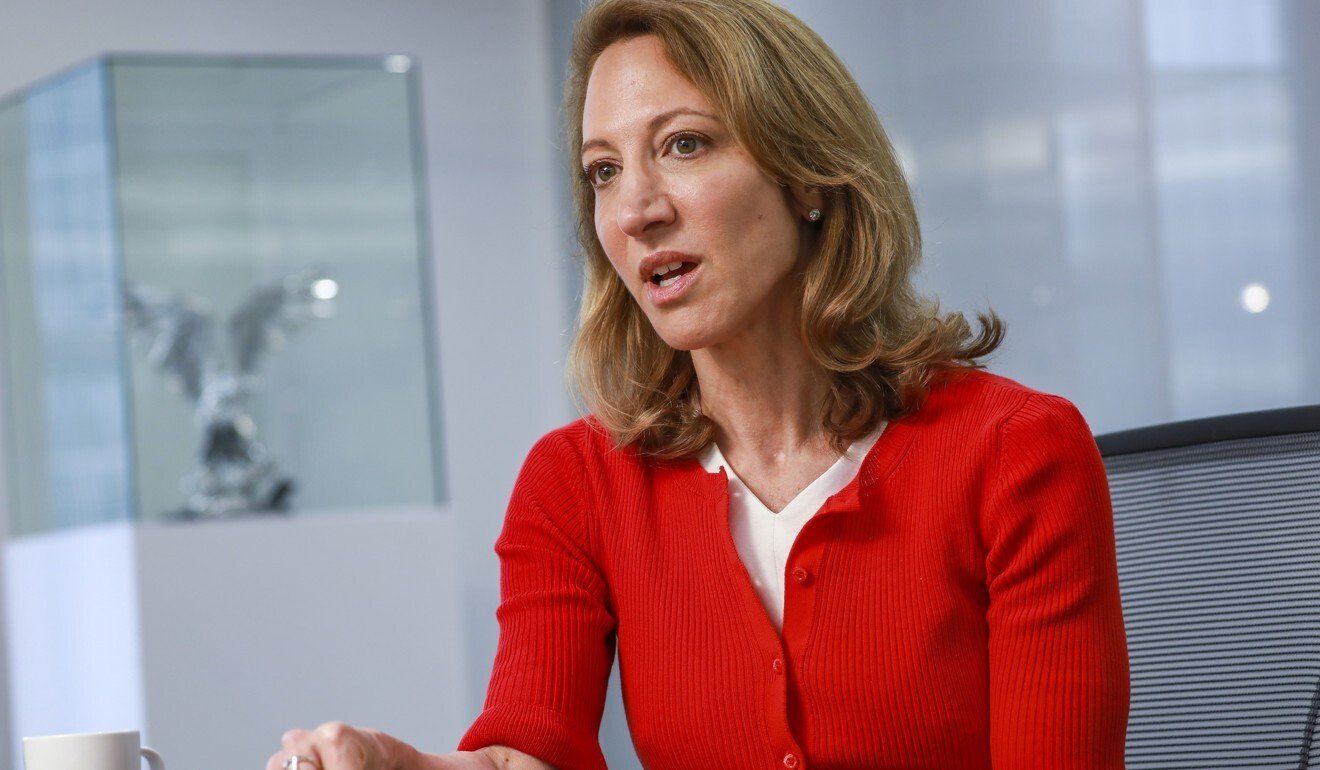 Tara Joseph, president of the American Chamber of Commerce in Hong Kong.
Tara Joseph, president of the American Chamber of Commerce in Hong Kong.
“Other financial centres are reopening, so Hong Kong is in danger of falling behind if it doesn’t come up with plans to reconnect with major financial centres,” said Tara Joseph, president of the American Chamber of Commerce in Hong Kong.
While she said she understood the priority for opening up with the mainland, she felt Hong Kong officials also needed to make clear what it would take to ease quarantine restrictions so the city could compete at the global level and with other Asian hubs.
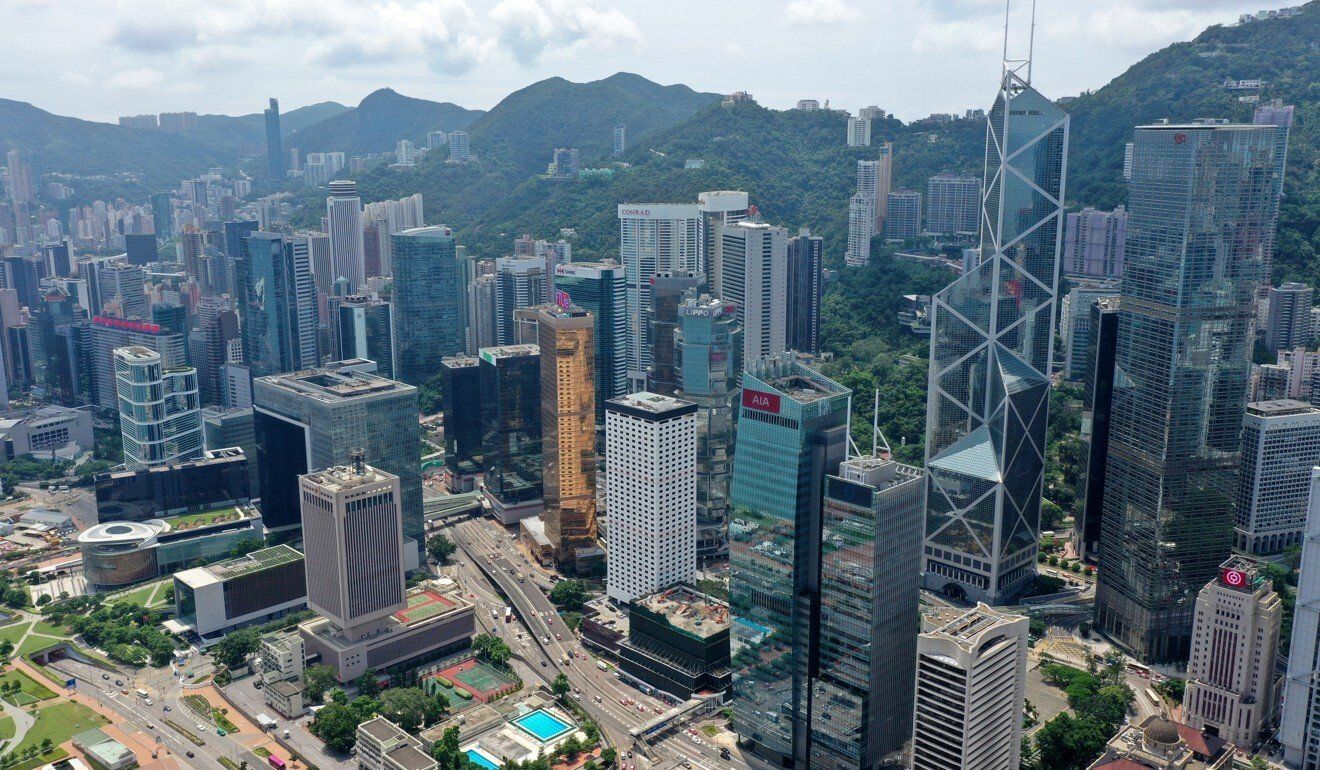 Hong Kong could face competition from other Asian hubs which are opening for travel.
Hong Kong could face competition from other Asian hubs which are opening for travel.
Hong Kong has closed all but three of its border checkpoints with the mainland since February last year. The city is aiming for zero infections before it can ease up on cross-border travel regulations.
But Joseph told the Post many businesses in the city had operations and clients in other parts of the world, such as the Middle East, Europe, United States and Asia, and the ongoing tough restrictions were a hurdle.
While companies could connect virtually, it would be difficult for them to build new businesses, she said.
Hong Kong’s Covid-19 situation has stabilised, confirming no local infections for more than a month.
While the city has stayed focused on meeting the requirements to reopen borders with the mainland, some Asian countries have already taken steps to exempt fully vaccinated travellers from strict rules.
Since July 1, South Korea has allowed vaccinated individuals to skip quarantine if they visit or travel for business, academic or public interest reasons, as long as they have not been to one of 21 countries deemed as high risk.
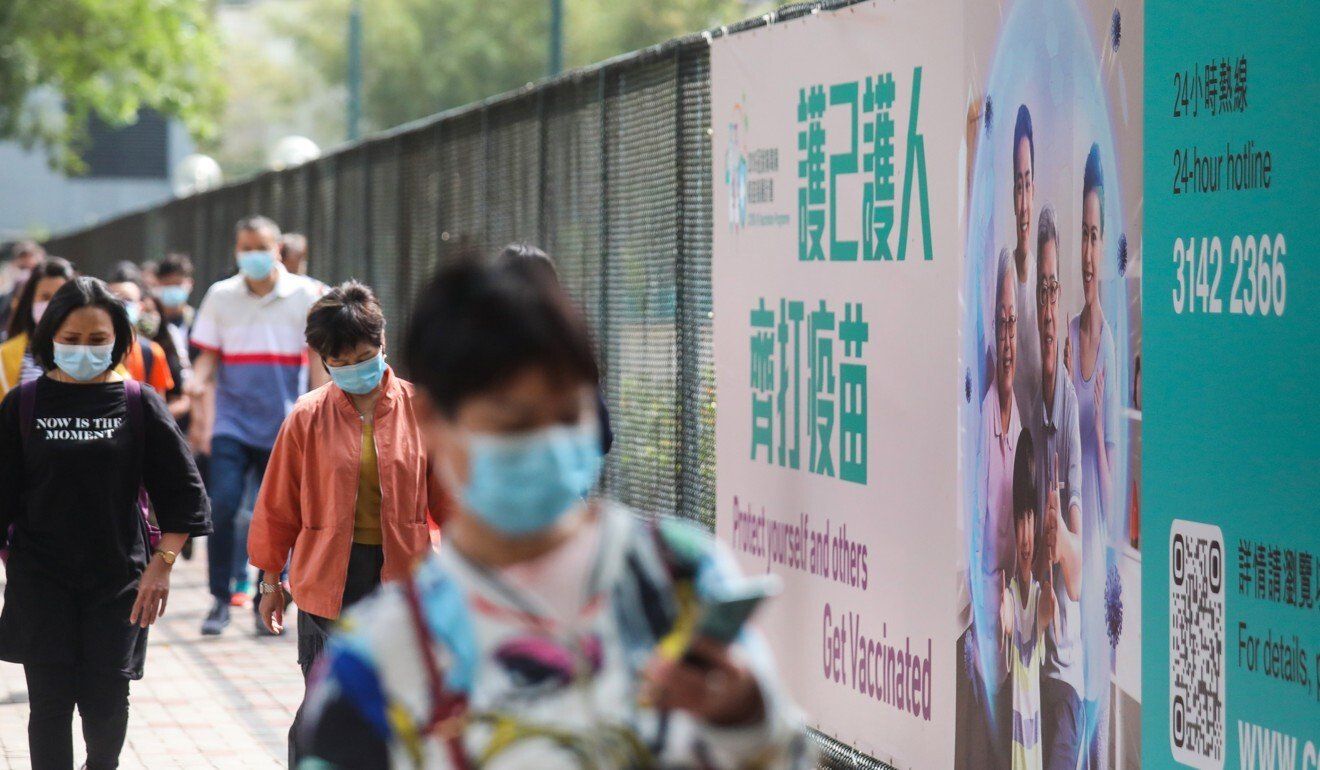 A poster in Causeway Bay encouraging people to get vaccinated.
A poster in Causeway Bay encouraging people to get vaccinated.
Singapore has outlined a vision for a new normal that means “living with Covid-19” as vaccination rates climb, including allowing quarantine-free travel, do-it-yourself testing, and possibly an end to massive contact-tracing operations.
Frederik Gollob, chairman of the European Chamber of Commerce in Hong Kong, said he knew of at least four large businesses that already moved from the city because of the strict rules.
“There is imminent danger that Hong Kong is losing the edge over other jurisdictions such as Singapore and so forth,” he said.
Simon Lee Siu-po, co-director of the international business and Chinese enterprise programme at Chinese University, said the city faced a dilemma, because mainland China, its largest business partner, was still taking a stringent approach to eliminating infections.
“If Hong Kong acts like Singapore, its aim of resuming quarantine-free travel with the mainland will be affected and deal a huge blow to the city,” he said.
At the same time, according to Lee, the more cautious approach could give Singapore the edge in hosting conventions and exhibitions, a lucrative sector in which the two cities have long competed head-on. It will be hard to lure back that business once it moves away, he said.
As a global city, Lee said, Hong Kong needed to follow international trends more closely, even as it remained vigilant, to ensure cross-border travel could happen.
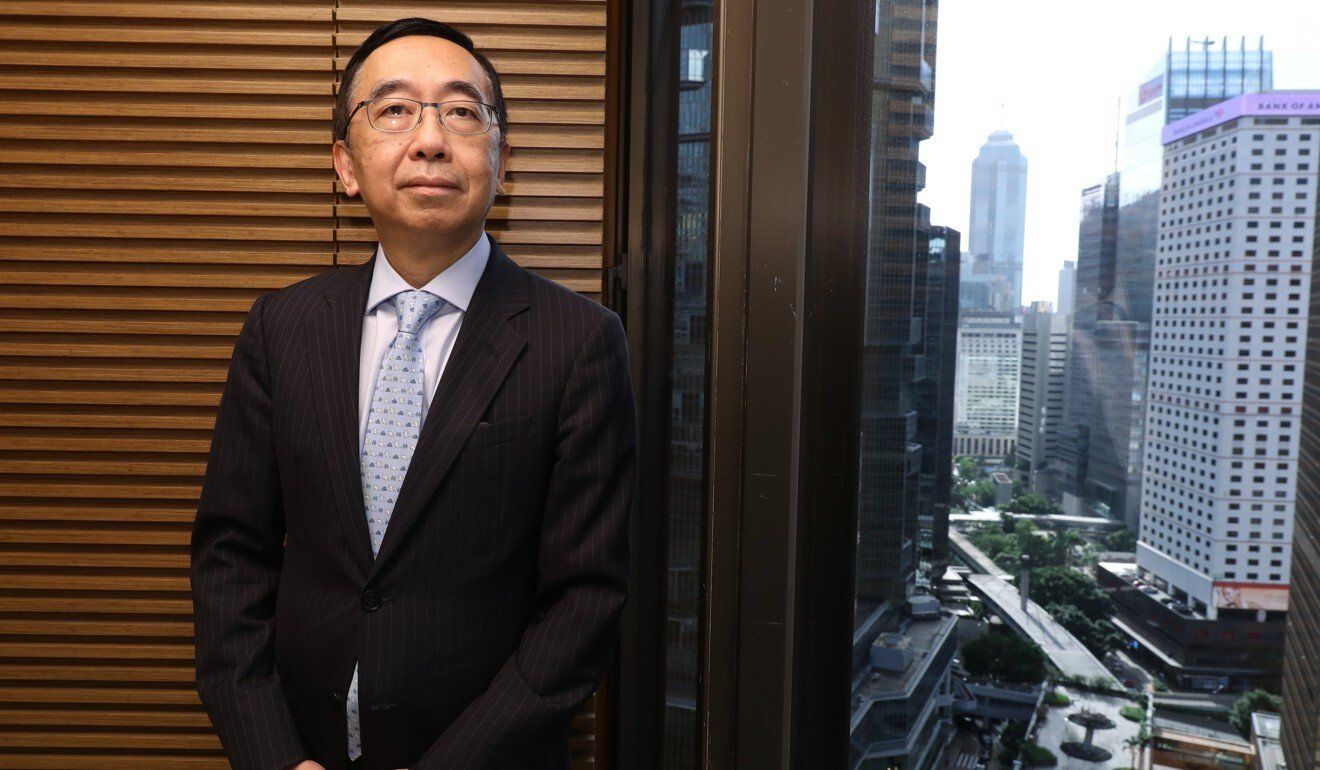 George Leung, chief executive of the Hong Kong General Chamber of Commerce.
George Leung, chief executive of the Hong Kong General Chamber of Commerce.
George Leung Siu-kay, chief executive of the city’s largest business body, the Hong Kong General Chamber of Commerce, agreed it was pressing for Hong Kong to examine how to relax isolation rules for fully vaccinated travellers.
He saw no imminent threat to the city’s position as an international business centre, but felt officials could be more flexible in relaxing quarantine rules as its competitors had done.
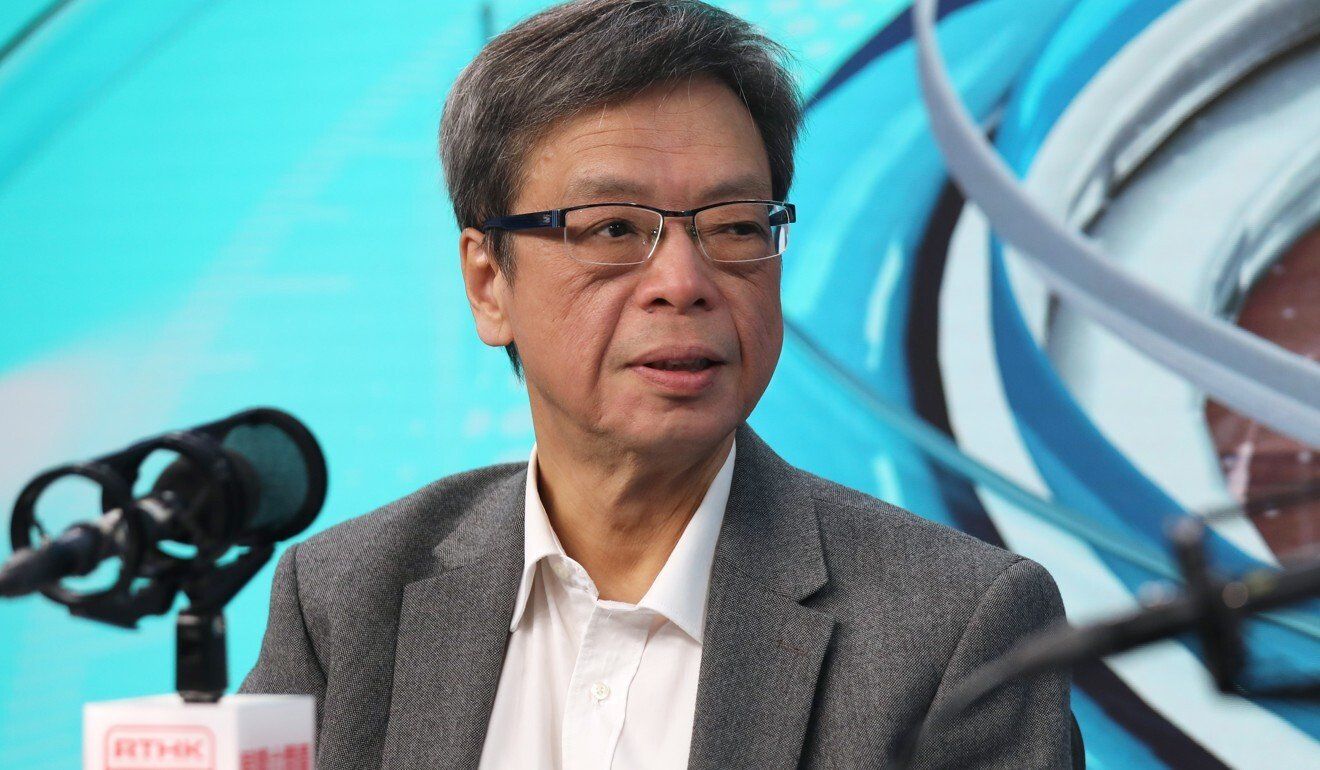 Dr Leung Chi-chiu warns against opening up for international travel.
Dr Leung Chi-chiu warns against opening up for international travel.
But respiratory medicine specialist Dr Leung Chi-chiu said the city did not have the right conditions to open up for international travel yet, pointing to the highly infectious Delta coronavirus variant still plaguing other parts of the world, and the low local vaccination rate.
Since vaccinations began in late February, only 33.8 per cent of Hong Kong’s 7.5 million population had received at least one jab and 23.1 per cent both doses as of Friday.
Leung argued that establishing travel corridors with other regions that have successfully implemented the “zero tolerance” approach, such as mainland China, would bring greater economic benefits in the short term.
“If Hong Kong gives up the goal of striving for zero infections, it is almost certain we will be hit by a fifth wave of infections when mutated strains invade our community,” he warned.











